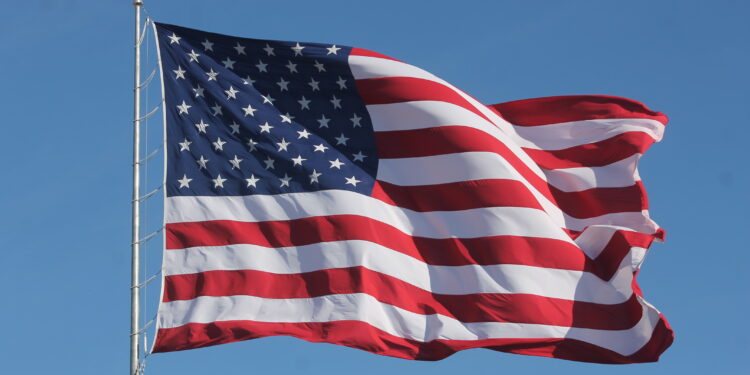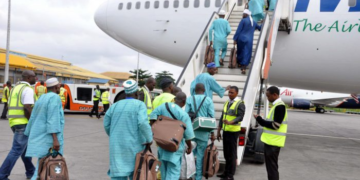The University of Chicago has provided clarification to help ease concerns for international students on revoked F-1 or J-1 visas.
The United States recently instructed consular offices to expand their screening processes for student visa applicants. This also includes thorough social media checks to identify individuals who may support terrorism.
Revocation indicates that one’s visa is invalid and cannot be used for re-entry into the US, a process that the US government typically reserves for serious situations.
The US Department of State can revoke non-immigrant visas, including F-1 and J-1 visas if the visa holder has been arrested or convicted for driving under the influence (DUI) or similar offences within the past five years.
While this may sound alarming, the revocation does not immediately affect a student’s ability to remain in the US.
According to the University of Chicago, the US Department of State may revoke non-immigrant visas (F-1, J-1, etc.) of individuals arrested for or convicted of driving under the influence or while intoxicated or similar arrests/convictions within the previous five years.
Such a revocation also does not necessarily mean that the individual cannot get a new visa to come to the US.
The institution also informed that a visa revocation does not impact a student’s current status within the US, only the visa sticker.
“It is important to understand that this requirement does not affect your status in the U.S., only your visa sticker. Remember that your visa is needed to enter the U.S., but once you have entered, your visa does not have to remain valid. You must, however, have a valid I-20 (F-1/F-2) or DS-2019 (J-1/J-2),” the university stated on its platform.
“If you are not planning a trip abroad in the near future, this requirement does not affect you, even if you have been arrested/convicted, until you do seek to reenter the U.S. after a trip abroad.”
The visa stamp is only necessary to enter the US, not to stay there.
While the visa revocation does not affect a student’s status inside the US, it does prevent re-entry to the country on the same visa. If a student leaves the US after their visa has been revoked, they will not be allowed to return with the revoked visa.
They must apply for a new visa from a US embassy or consulate before being allowed to re-enter the US.
Students who have had a DUI or similar conviction since their visa was issued and are unsure about their visa status are advised to contact the US embassy or consulate that issued their visa.
The embassy or consulate may send an official notice regarding the revocation, or students may learn about it when travelling through a US port of entry.
The institution recommends contacting the embassy or consulate before booking travel for students with revoked visas who plan to leave the US. The embassy can confirm the validity of the student’s visa.
Students should also consult with their school’s international student office and, if necessary, seek advice from an immigration attorney. If a student has dependents on F-2 or J-2 visas, the revocation may also affect their visa status.
For those who do not have immediate travel plans, the University of Chicago reassured that visa revocation will not disrupt a student’s ability to stay or study in the US.
Students should continue to ensure that their I-20 or DS-2019 forms are valid and meet their academic requirements.
The institution also encourageed international students to stay informed and seek assistance if they have concerns regarding their visa status.











